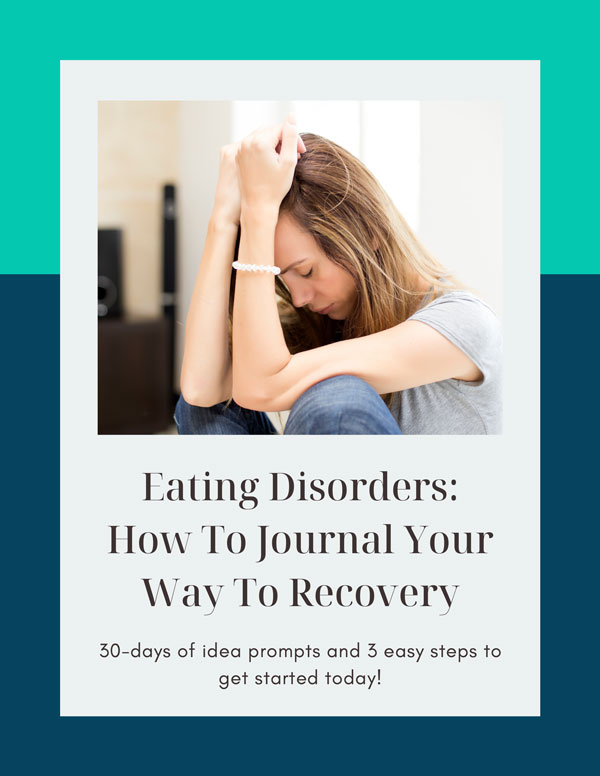
What is an Eating Disorder Coach?
Creating a treatment team for individuals who are struggling with eating disorders is vital to recovery and for successful outcomes. Typically, a team consists of a medical doctor, a licensed clinician who specializes in eating disorders, a nutritionist, a psychiatrist, a group leader and/or mentor. A few years ago, Carolyn Costin, founded the Carolyn Costin Institute to add yet another powerful support to eating disorders treatment- an Eating Disorder Coach!
What is an eating disorder coach?
The easiest way for me to explain what an eating disorder coach is to liken it to a sponsor for those in addiction. For those in addiction they call their sponsors daily, reach out with urges, and ask for guidance and direction. Coaches are trained to help clients with the “here-and-now” behavioral changes necessary to recover. The coaches support them in everyday situations including meal support, meal accountability, strengthening their healthy voice, food shopping, clothes shopping, and managing urges and triggers. A coach is specifically trained in exposure and response prevention. Some coaches do lives-in to help those find stability using in-person strategies and consistent meal support
Why is an eating disorder coach helpful?
First off, each coach goes through rigorous training and is taught and certified by Carolyn Costin. The training program is thorough, intense, and covers all the areas of eating disorder recovery. Secondly the coach works seamlessly with your entire treatment team. The coach collaborates with clients to set up specific goals is often available multiple hours during the day to assist them in the daily struggles.
Resources
Here is an updated list of interns and coaches who are trained by the Carolyn Costin Institute. Please reach out for support.
Interns and Coaches | carolyncostin (carolyn-costin.com)
“I honestly believe that if I had an eating disorder coach when I was in recovery that I would have recovered more quickly because it was in those times between therapy appointments when I would struggle the most. Having an advocate to support me, to listen to me, to validate me and to teach me concrete coping strategies would have been invaluable. I am so honored to be a CCI Eating Disorder Coach and to help others on their journeys.”


